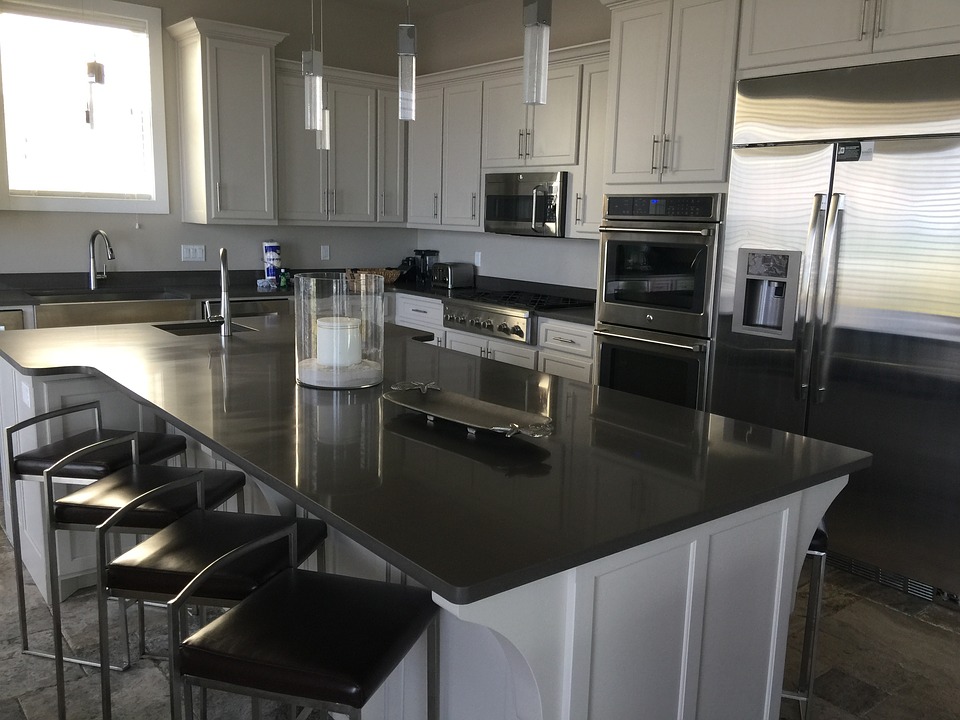
Buying a home is a little like buying a car. When you buy a car, especially a used vehicle, you thoroughly inspect it for all sorts of issues. You might order a history of the car to get a good picture of past repairs or damage. When buying a home, you have to be just as thorough and take a look at the history of the home, too.
When you first arrive at the house, take a close look at the roof. Does the roof look new or does it seem to sag, or are shingles missing? Do you see obvious holes? If the roof looks good, check the gutters and downspouts for damage or rust. Look at the foundation to see if there are cracks or evidence of water damage. Make sure the ground slightly slopes away from the house.
Examine the siding or bricks for age and condition. Check the driveway and walkways for cracks. Ask the owner to turn on the sprinkler system to see that it works. If the home has a deck or porch, check it for signs of decay and make sure it sits on a foundation, not just dirt. Make sure any railings are secure and safe.
Don’t let fresh paint and decor fool you. Check for any loose wires or cracks in the walls or ceilings. A musty smell means possible mold or water damage. Check walls, especially in the bathroom, for evidence of dark stains, even if painted over. These stains indicate mold or mildew might be there.
Look inside closets and cabinets for signs of water damage or foundation cracks. Turn on every faucet to check water pressure. Also, check how quickly water drains from sinks, tubs, and showers. Flush the toilets to make sure everything works.
Inspect the basement and attic to see what type of insulation the home has. Open and close every door and window to make sure they all work smoothly and properly. If double-paned windows show condensation or fog, they probably have a leak. Again, check for evidence of mold or mildew everywhere.
If the doors and windows seal properly, and the insulation seems adequate, check the HVAC system. If the unit is old, try to negotiate a new one. A newer energy-efficient HVAC unit keeps the energy bills down and the home feeling comfortable.
After the physical inspection of the property, research the background of the home. Find out about previous fire or water damage, pest damage, maintenance, and work permits. There are several online services that offer prospective buyers a look at prior insurance claims and the maintenance history. Often, the seller orders a report when putting the house on the market.
It’s best after you inspect the house to hire a professional inspector to check plumbing, electrical wires, and foundation. Some states require home inspections before closing a home sale. Know what you’re getting in the home before you sign on the dotted line.

